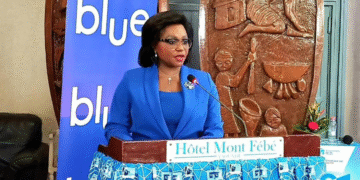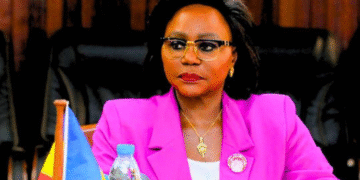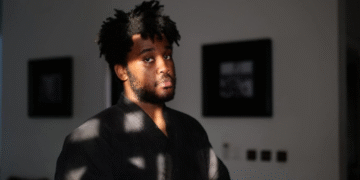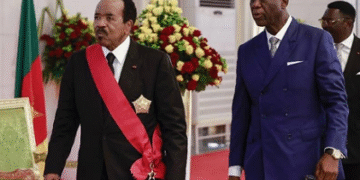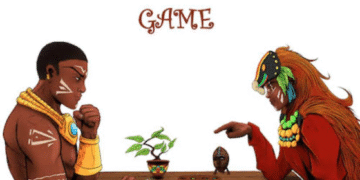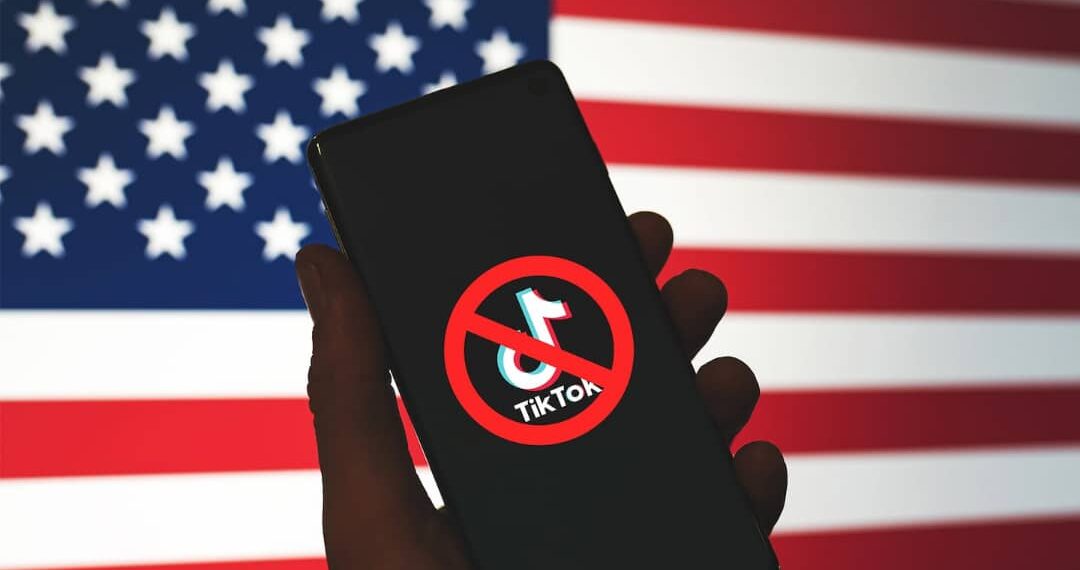The TikTok app went dark across the USA and has been removed from major app stores, leaving millions of American users without access. The ban is expected to have far-reaching consequences for Cameroonians who rely on the platform to engage with global audiences and drive marketing efforts.
The controversial social media platform TikTok, a video-sharing app, has officially been banned across the United States. The embargo was enforced on the night of Saturday, January 18, 2025, after the Supreme Court upheld a federal law that banned the immensely popular platform. The Court cited national security concerns linked to its Chinese ownership. This decision has led to the app’s removal from major app stores and has left approximately 170 million American users without access.
The ban stems from the « Protecting Americans From Foreign Adversary-Controlled Applications Act, » signed into law by President Joe Biden. This legislation mandates that TikTok’s parent company, ByteDance, divest its U.S. operations to a non-Chinese entity or face a complete shutdown within the country. The Supreme Court endorsed this law, emphasizing the government’s stance on mitigating potential risks associated with foreign-controlled applications. In response to the ban, TikTok has gone offline in the U.S., displaying messages to users about its unavailability.
Both Apple and Google have removed the app from their respective stores, effectively preventing new downloads. ByteDance has expressed its intent to challenge the ban, labeling it as « unconstitutional » and asserting that it infringes upon the free speech rights of American users. Amidst these developments, President-elect Donald Trump has indicated a willingness to negotiate a resolution. He has suggested the possibility of a 90-day extension to allow ByteDance to find a suitable American buyer, aiming to preserve the platform’s availability while addressing security concerns.
The Ripple Effects of This Ban on Cameroonians
TikTok has grown immensely popular in Cameroon, providing a platform for creativity, business promotion, and cultural expression. Many Cameroonian content creators use the app to reach international audiences, including those in the U.S., which represents a significant market. For these creators, the ban could disrupt audience engagement and revenue streams. Businesses in Cameroon leveraging TikTok for marketing might also feel the pinch. With the U.S. cutting ties, collaborations involving U.S.-based brands and sponsors may dwindle.
This will especially affect Cameroonian entrepreneurs who rely on TikTok to advertise products and connect with the diaspora. While the immediate impact of the ban on Cameroon may be indirect, its ripple effects will likely be felt across various sectors. For now, creators, entrepreneurs, and users must prepare for an evolving digital landscape and consider diversifying their platforms to maintain global connections.





